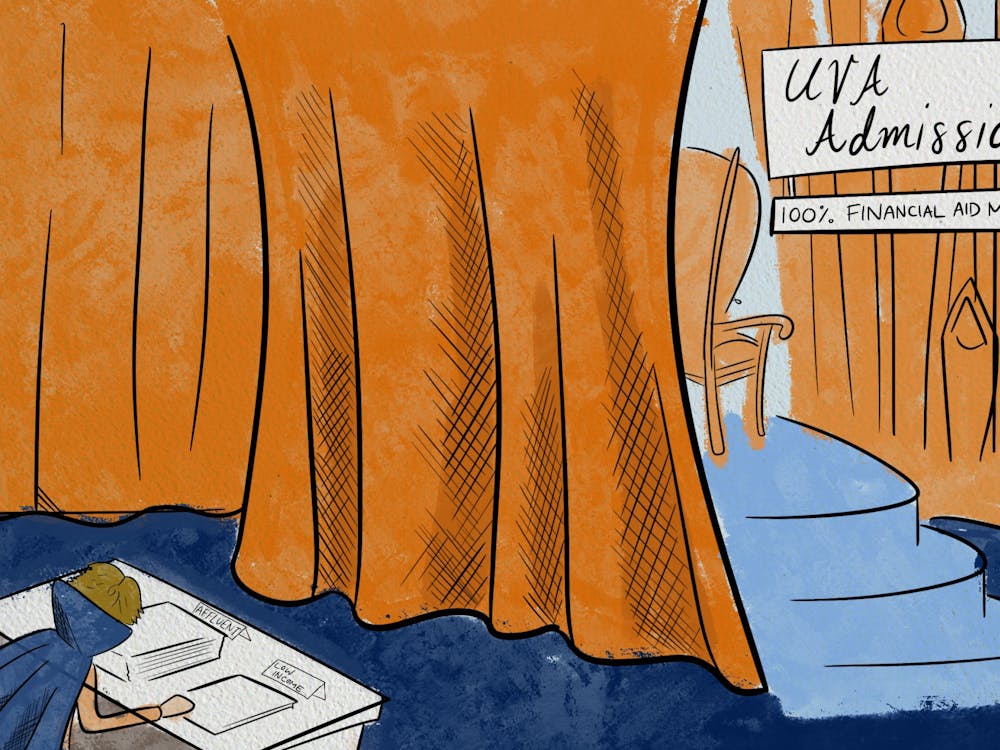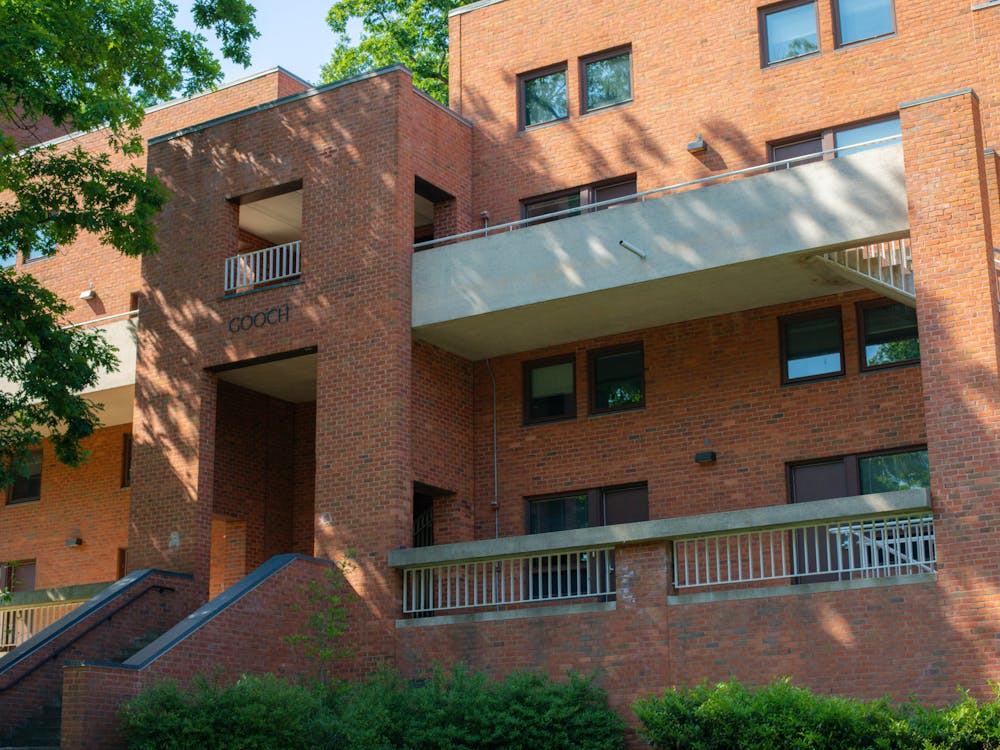Yale University and the University of Missouri are seeing widespread protests over how their schools handle race-related issues. At Yale, Erika Christakis, associate master of a residential college, wrote an email responding to several administrators’ request for students to refrain from wearing Halloween costumes that appropriate other cultures. Following that, the school’s chapter of the Sigma Alpha Epsilon fraternity allegedly turned women of color away from a party, claiming the event was for “white girls only.” At Missouri, President Timothy Wolfe resigned Monday after significant pushback against his response to a series of alleged racist incidents, including complaints of racial slurs against black students.
The details of each of these incidents will continue to be unpacked. For example, Christakis’ email has sparked discussion over the line between intellectual debate and cultural sensitivity, and there is an investigation into the allegation against SAE. More broadly in higher education, though, racism on college campuses is not new. Last year, a video of brothers in SAE at the University of Oklahoma singing a racist chant was leaked; soon after, administrators at the University of Maryland began investigating an email from a Kappa Sigma fraternity brother that included racial slurs. These events are not limited to fraternities. Across college campuses, social media platforms such as Yik Yak have been outlets for hostile activity — including here at U.Va.
What distinguishes the events at Yale and Missouri is the severe disconnect between student protest and administrators’ responses to that protest. At Yale, a crowd of more than 200 students confronted Jonathan Holloway, the first African-American dean of Yale College, for his lagging response to the two incidents described above, according to the Yale Daily News. At Missouri, where a graduate student has been on a hunger strike, football players refused to play unless the president resigned and the student government also demanded his resignation, a common frustration was the lack of conviction and timeliness in the president’s responses to student concerns. Holloway, moved by students’ stories, said he had failed them. Wolfe resigned.
In their public interaction, students told Holloway they were disappointed in his representation of the black community — that minority students struggle to make themselves heard by the rest of their school, but that for Holloway, as dean of Yale College, broadcasting those concerns could be as simple as sending out an email.
It is, of course, difficult for universities to combat racism on their campuses in preventative, and not reactive, ways, though some tangible measures do exist (for one, implementing diversity courses, which schools including Yale have done). But while universities struggle to monitor students’ actions, it is still important for administrators to maintain open lines of communication with their students and demonstrate personal commitments to making their schools safe for minority communities. The prevailing question minority students at Yale asked Holloway, according to the Yale Daily News, was: who in their school’s administration can they turn to for support?
Of course, while an administrator’s email itself isn’t sufficient to solve a problem, swift and meaningful responses suggest administrative attentiveness. The quick escalation at Yale and Missouri shows that such attentiveness matters.




